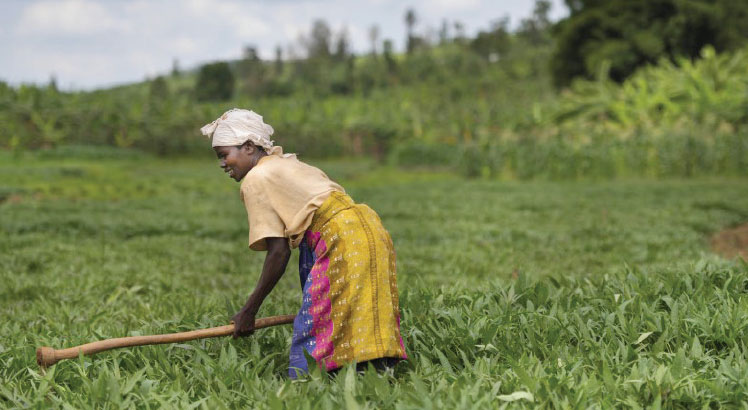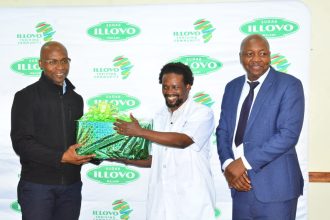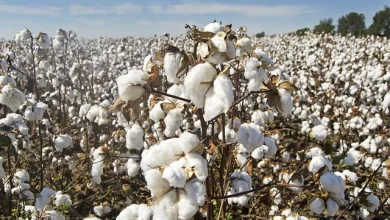Malawi still working on options to ease fuel shortage
 Amidst dry fuel pumps, government is still working on a number of options to ensure a steady supply of the liquidity on the market, Malawi’s Minister of Natural Resources, Energy and Environment Goodal Gondwe said on Monday.
Amidst dry fuel pumps, government is still working on a number of options to ensure a steady supply of the liquidity on the market, Malawi’s Minister of Natural Resources, Energy and Environment Goodal Gondwe said on Monday.
Gondwe was commenting on how far Malawi Government has gone on what he said in December 2011 that they are exploring two options.
One of the options was to do with exchanging tobacco for fuel and the other that there are some investors willing to invest in Malawi using Malawi kwacha and supply the country with fuel so that the country buys using the local unit.
Malawi has, since the fuel crisis emerged, been heavily relying on borrowed funds from, among others, PTA Bank, to ease the acute shortage of the commodity that is crippling business operations countrywide.
Gondwe said last month that for Malawi to access more funds, it will have to meet some conditionalities.
“We have to look for other things apart from the money that we borrowed. One is to see whether we can exchange some of the commodities we have, say tobacco, with fuel and that we are working on and there is a strong possibility.
“But more important one is that we have found a number of investors that would like to invest in Malawi using Malawi kwacha. They can supply us with fuel and we can buy that with Malawi kwacha,†he told Capital Radio.
He expressed optimism that if the second option works within a week or so, it should provide a solution to the country’s fuel shortage for about a year.
But when asked on Monday to provide an update on what has been done so far, Gondwe said: “We are working on it. I’m not able to comment further.â€Â
Malawi’s foreign exchange crisis has been precarious from last year largely attributed to low tobacco earnings, which account for 60 percent of foreign currency earnings and also the suspension of K65 billion ($386 million) in budgetary support in the 2011/12 fiscal year due a lack of an economic programme with the International Monetary Fund (IMF) and other governance concerns.





